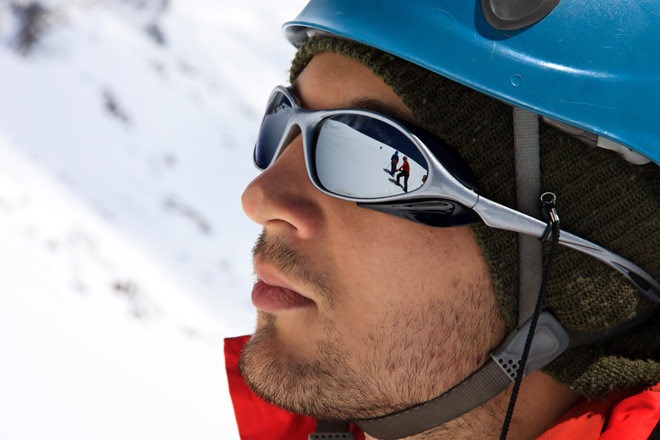
Dry Eyes
Winter is a time for enjoying the holidays with friends and family. However, winter eye protection is often overlooked which can lead to not so fun consequences. With the cold weather comes increased use of heating systems at home and work. This can lead to dry eyes due to decreased humidity from the heating systems. Symptoms of dry eyes include gritty, scratchy, and burning. Make sure artificial tear eye drops are handy to prevent dry eyes. This is especially true for contact lenses wearers. It is also a good idea for contact lens wearers to switch to eyeglasses at the end of the day to relieve discomfort from contact lenses that get dry. Avoid direct contact with heating vents and consider using a humidifier to prevent drying of eyes and skin.
Snow blindness
Winter time means it is also time to hit the slopes! The snow provides a highly reflective surface which can reflect light from the sun causing damage to our eyes, especially in higher altitude. Photokeratitis is a sun burn of the front part of the eye called the cornea. This causes painful temporary loss of vision due to overexposure to the sun’s UV rays. It is imperative that UV-blocking sunglasses be worn even on overcast days. Look for sunglasses that block 99-100% of both UV-A and UV-B rays. Polarized sunglasses and goggles are especially good for the snow and near water because they reduce glare.




